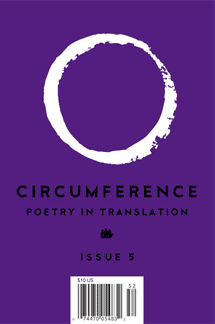“If my life means anything, it is that I am always forgetting just what it is that I want. How’s that for meaning? I have found a way to be unsatisfied by everything and always somewhat pleasantly excited. Or painfully excited. What’s Zen compared to that? What’s Academia’s compelling suture? its compiling future? I want to know who has ever found anything as wonderful as being a strain – not the strainer or the strained, but the thing itself, held tight between two eternities (what is that?) like a dog, held on two leashes, by two enraged furies, the eyes of the world, the peacemakers of eternity (that word again, you would think I wanted to die, if you didn’t know me better, it is more that in truth I would like to vanish, but into this prose study to live forever here but also be eternally writing, my ideal would be a text that was always writing, but then on the other hand I have never been aware of being interested in that, and I can’t imagine actually as I read it over what it means – I have to get out of this sidetrack: I have something important to say), the stones that are never lying in the grass but are always bouncing around. And I’m held between them. They tug me. And I resist. I run and they chase me. The can never stop me from moving and I can never completely get away. What’s Dante’s Paradise compared to that? You always think I am kidding. I am trying to define happiness by what I have actually got and go on from there. Afterwards we can have something to eat and drink and re-enter the process, you who seem more comfortable in the process but who are, I imagine, inside, like me, a watcher of Essaouiras. Do I love you for that? I don’t know if I love you or have ever loved anything or anyone. I am a desert. Kill me. And now a town. Signed, ‘Zagora.’ “
(Kenneth Koch, from “Reflections on Morocco,” pp. 355–356 in The Collected Poems of Kenneth Koch. Quoted by Tanya Larkin in the Boston Review here.)


